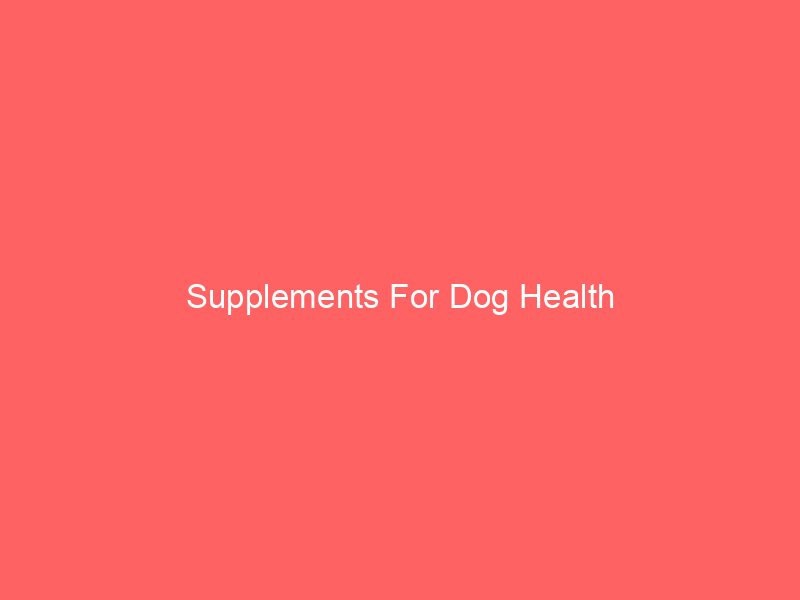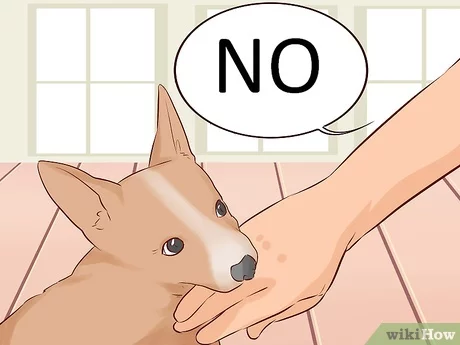Dogs require a balanced diet in order to remain healthy. Although commercial food usually provides all of their necessary vitamins and minerals, supplements may help ensure your pup is getting all they require. When selecting supplements, always read their label thoroughly and speak to your vet if you have any queries about ingredients or the product itself.
Foods rich in antioxidants, phytochemicals, vitamins and minerals may provide your pup with extra health benefits, so incorporating fruits and vegetables into his or her diet may provide considerable advantages. Just be sure to consult your vet first if adding raw food supplements.
Turmeric is an antioxidant-rich plant with antiviral, antibacterial and antifungal properties. It can reduce inflammation while improving brain health and digestive functions. You can add turmeric to your dog’s meals by mixing it with healthy oils like coconut or olive to create a golden paste and then feeding this daily (1/4 teaspoon for small dogs up to 3/4 teaspoon daily for larger ones).
Bone broth has long been considered a nutritional powerhouse. Made by simmering animal bones and connective tissue for at least 24 hours, its end product provides protein, anti-inflammatory amino acids, calcium, magnesium, phosphorus, as well as other essential minerals and nutrients – including glucosamine and chondroitin that have been proven to support joint health, decrease swelling/pain, slow degenerative arthritis progression and more.
Vitamin C is an essential nutrient for dogs, as it aids their immune systems and assists with metabolism of carbohydrates and fats. Furthermore, Vitamin C plays a key role in producing collagen – vital for keeping skin and joints healthy – making its presence at many foods including broccoli, strawberries, blueberries and kale an antihistamine to relieve allergy symptoms.
Phosphorus is an essential mineral for dogs that works alongside calcium to form strong bones and teeth. It can be found in meat products (poultry, beef, lamb), milk products, fish, legumes, oilseeds and supplements as sources. A deficiency may lead to decreased appetite or anorexia as well as muscle weakness leading to inability to gain weight as well as dry or flaky coat. An excessive intake may result in kidney stones or organ calcification.
Niacin is a form of vitamin B3, essential to many biochemical reactions in our bodies, such as enzyme production. You can find it in animal and fish byproducts, grains, fruits, nuts and legumes; deficiencies can result in decreased appetite, anorexia, dementia or dermatitis symptoms.
Vitamin D, commonly referred to by its scientific names cholecalciferol and ergocalciferol, is essential for dogs’ bodies to absorb and store calcium and phosphorus properly. Naturally found in some foods (eggs, dairy products), added in others like eggs or fortified dairy products like yogurt; any deficiency may lead to rickets and osteoporosis, with liver, egg yolks, fish, poultry or supplement products providing this necessary supplementation of Vitamin D for their diets.







